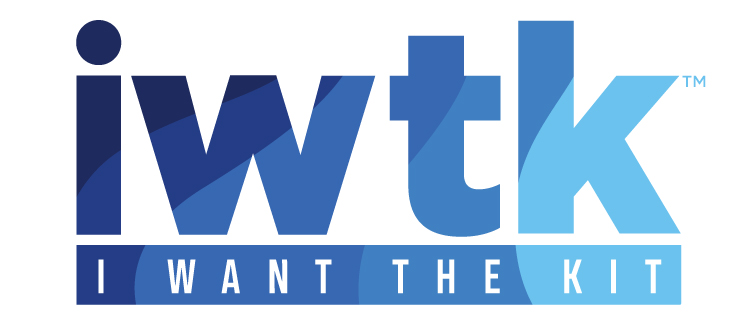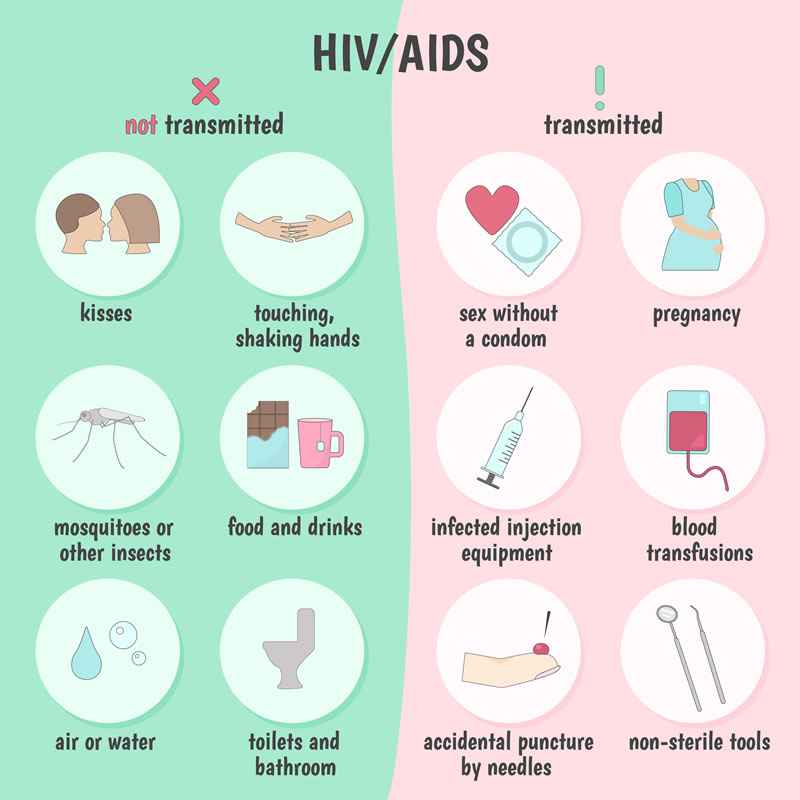More About HIV
What is HIV?
HIV stands for Human Immunodeficiency [Im-u-no-de-fish-n-c] Virus. The virus attacks a person’s immune system which is supposed to help fight off infections. Without treatment this can progress to AIDS (Acquired Immune Deficiency Syndrome). There is currently no cure or vaccine for HIV but the good news is there are medicines that control HIV so your immune system can heal. Plus if you take the medicines as instructed by your health care provider, your virus will become undetectable, meaning you cannot transmit it to anyone else. Most people with HIV will live long and healthy lives!
How Is HIV Transmitted?
HIV is found in the body fluids of someone who is infected. The fluids include:
- Sexual fluids (Semen, Vaginal, and Anal fluids)
- Blood
- Breast Milk
Having sex without using a condom OR sharing needles, syringes, or other injecting equipment are two of the most common risk factors for HIV. Mothers living with HIV can also pass on HIV to their babies during pregnancy, birth, or breastfeeding.
How Do I Know If I Have HIV?
The only way to know for sure if you have HIV is to get tested. The CDC recommends that everyone between the ages of 13 and 64 get tested for HIV at least once. You should be tested routinely (every 3-6 months) for HIV if any of the STI risk factors apply to you. Men and transwomen who have sex with other men and are not monogamous, should get tested every 3 months. If you are someone who uses intravenous (IV) drugs, you should get tested for HIV at least once a year.
Some HIV tests require you to give a blood sample and some require a saliva sample. Read more about the OraQuick HIV self-test.
Find HIV Testing and Prevention Services near you.
What Is the Treatment for HIV?
The treatment for HIV is called Antiretroviral Therapy (ART). This treatment involves taking daily medications in the form of a pill(s) you have to swallow. There are new medications given by injection every few months. By taking these medications, you can lower your viral load and reduce the risk of giving the infection to others. HIV cannot be passed on through unprotected sex when it is undetectable.
Remember, U=U. Undetectable = Untransmittable
PEP and PrEP
If think you might have come into contact with someone with HIV in the past 72 hours, either through sex without a condom or by sharing drug injection equipment, see a healthcare provider urgently to discuss a course of medication called PEP (post exposure prophylaxis). PEP might prevent you from becoming infected with HIV.
If you get an HIV test and it is negative, you may want to consider starting on pre-exposure prophylaxis (PrEP), a daily medicine that is very effective at preventing HIV infection.
What is HIV Stigma?
HIV stigma is negative attitudes and irrational beliefs about people living with HIV. It causes people with HIV to experience prejudice in their daily lives. Sometimes they may not seek medical help because of fear.
There is no reason to shun individuals who are living with HIV. It is a treatable disease that is not spread through the air or water or simple gestures like shaking hands. Individuals with HIV may include family members, friends, neighbors, or co-workers. Do your part to Stop the Stigma: get educated about HIV and share the message.





